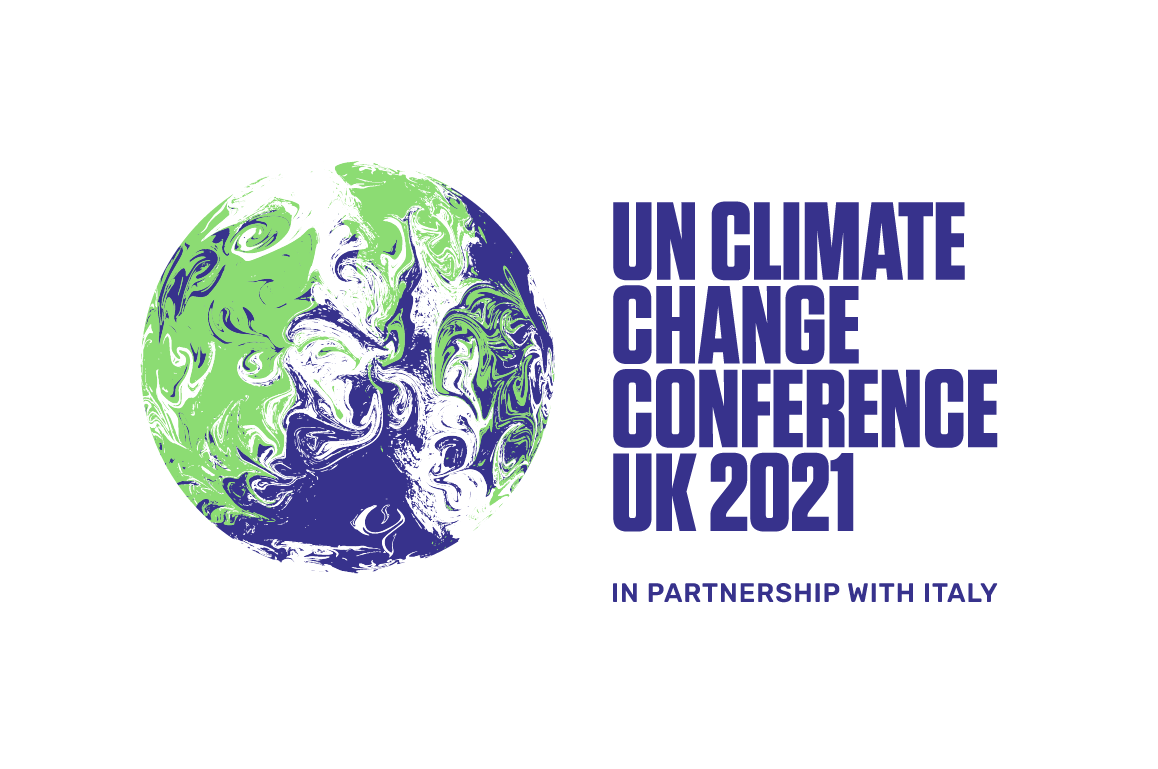
The importance of COP26
1.11.2021It is well known that the world is warming due to fossil fuel emissions. You only have to turn on the TV or look on social media to see events such as forest fires, floods and heatwaves, all linked to climate change happening around the world. These events are becoming more frequent with them only expected to intensify over the next decade, affecting countries, people and animals around the world.
The history of COP
Since 1995, world leaders have come together, almost once a year, to discuss the global climate crisis. This is known as Conference of the Parties (COP) and is hosted by a different country each year. The parties are made up of more than 190 countries which have signed up to the United Nations (UN) Framework Convention on Climate Change (UNFCCC) which was formed in 1992 at the Earth Summit in Rio de Janeiro.
Each COP is attended by thousands of people, from heads of state and ministers to non-governmental organisations, negotiators and environmental experts. All these people and organisations gather to agree on a plan to avoid dangerous climate change and find ways to reduce greenhouse gas emissions globally.
What is COP26?
COP26 is the upcoming event and will be hosted in the UK in partnership with Italy. The conference will be held in Glasgow from 31st October for 12 days. Originally planned to take place last year, COP26 was delayed due to the Covid-19 pandemic. However, this event is said to be one of the most significant since COP21.
COP21 took place in Paris in 2015, where for the first time ever, every country agreed to work together to limit global warming to well below 2 degrees and aim for 1.5 degrees, to adapt to the impacts of a changing climate and to make money available to deliver on these aims. This is also known as the ‘Paris Agreement’.
However, the UK is currently not on track to limit global warming to 1.5 degrees. And since COP26 will be the first time that leaders will come together to review their plans (also known as nationally determined contributions or NDCs), there is an ever-increasing urgency to act now.
There are several goals for COP26:
- Secure global net zero by mid-century and keep 1.5 degrees within reach
- Adapt to protect communities and natural habitats
- Mobilise finances
- Work together to deliver
On top of these goals, all eyes will be on the UK to set an example and lead from the front with people around the world looking at what the UK is doing to contribute to limiting global warming.
Sustainable investing
At Foster Denovo, we’re passionate about helping our clients to invest their money in a more sustainable way. We have launched a new Climate Impact Sustainable Dynamic Portfolio to tie in with our existing Active and Passive Sustainable Dynamic Portfolio ranges.
It is designed to appeal to clients that are looking for a more focused exposure to climate impact themes, including electrification, energy efficiency, development of clean and alternative energy sources, and companies who are leading the decarbonisation transition. If you would like to find out more about the FD Sustainable Dynamic Portfolios and how they can help to better manage risk and potentially enhance long-term returns, get in touch. Email us at advise-me@fosterdenovo.com or call us on 0330 332 7866 to speak to one of our team.
Please note:
The value of your investments (and any income from them) can go down as well as up and you may not get back the full amount you invested. Past performance is not a reliable indicator of future performance. Investments should be considered over the longer term and should fit in with your overall attitude to risk and financial circumstances.
The FD Sustainable Dynamic Portfolios are managed by FD Dynamic Portfolios Limited (FDDPL), which is an appointed representative of Foster Denovo Limited (FRN 462728), which is authorised and regulated by the Financial Conduct Authority (FCA). FDDPL has issued this document in its capacity as investment adviser to the investment manager, AB Investment Solutions Limited (FRN 705062), which is authorised and regulated by the Financial Conduct Authority (FCA)
Sources

 Search
Search






